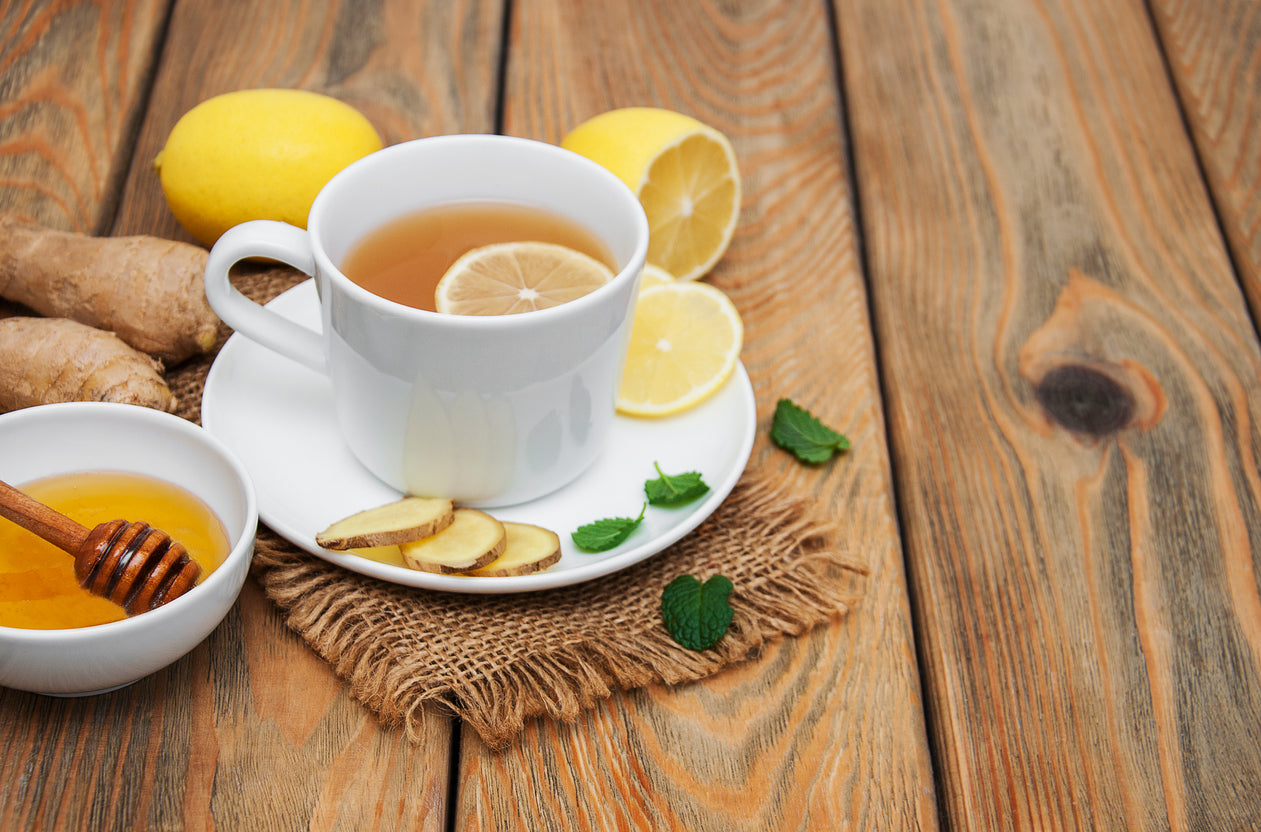Air Quality Education
The Molekule Blog
FEATURED ARTICLE
Clean air: the missing element for a new year, new you
The last few days of the year are special, and not just because they provide a much-needed breather after the busy holiday season. In the moments of stillness after all the presents have been unwrapped, holiday feasts devoured, and travels...
Sort by content
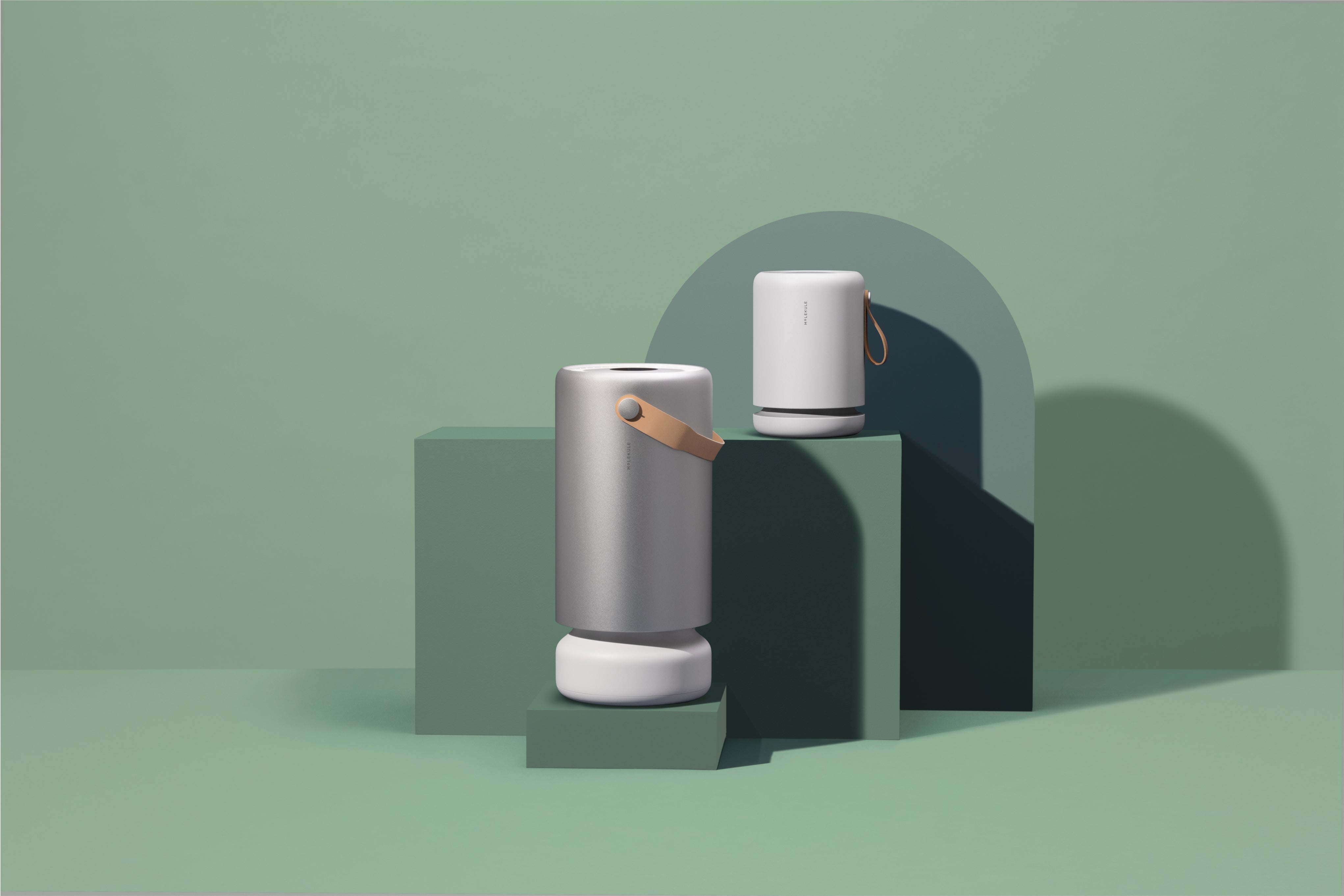
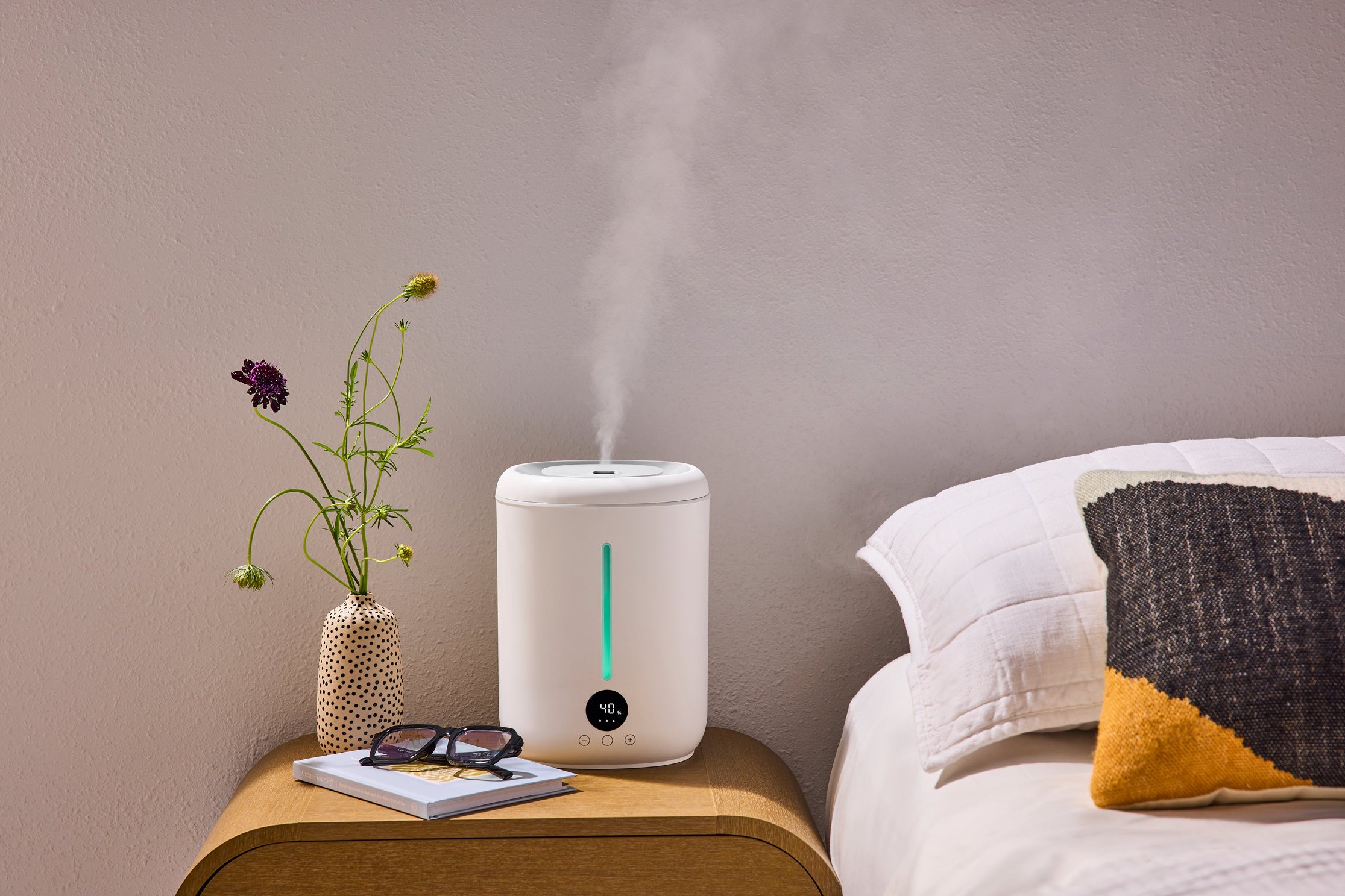

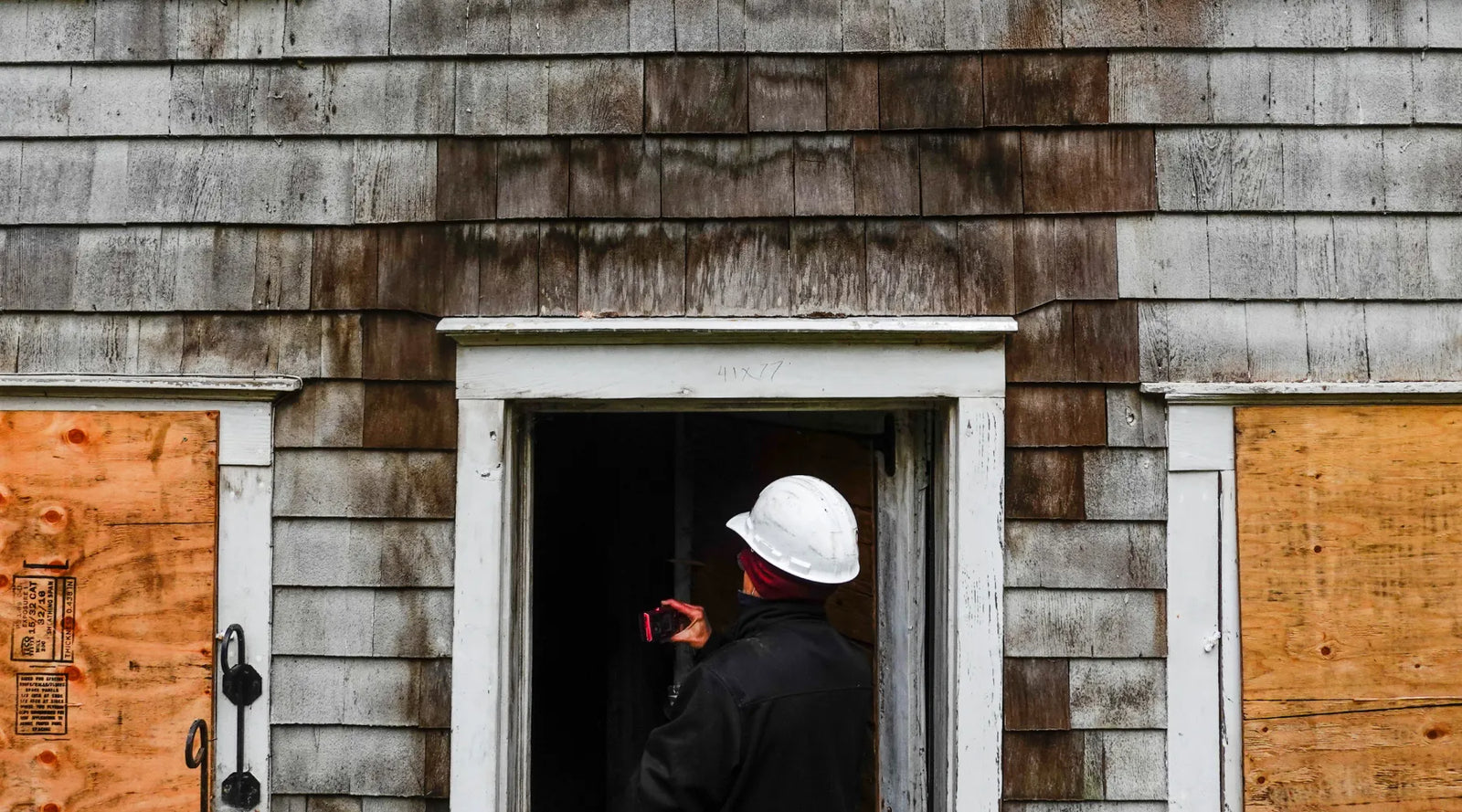
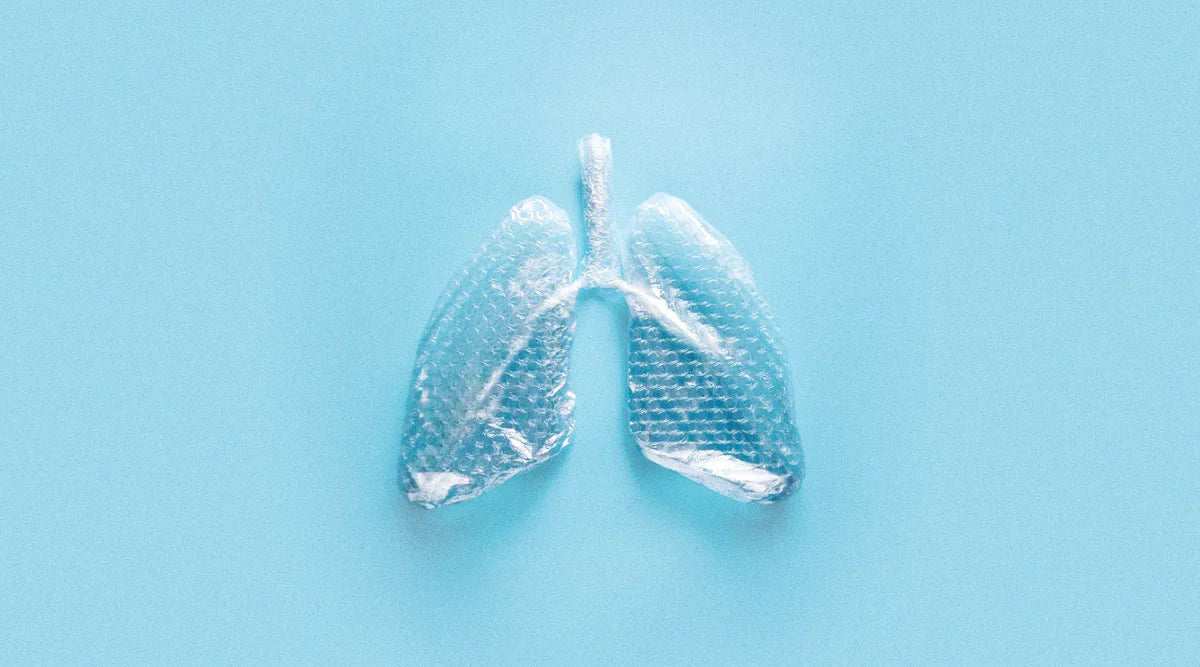
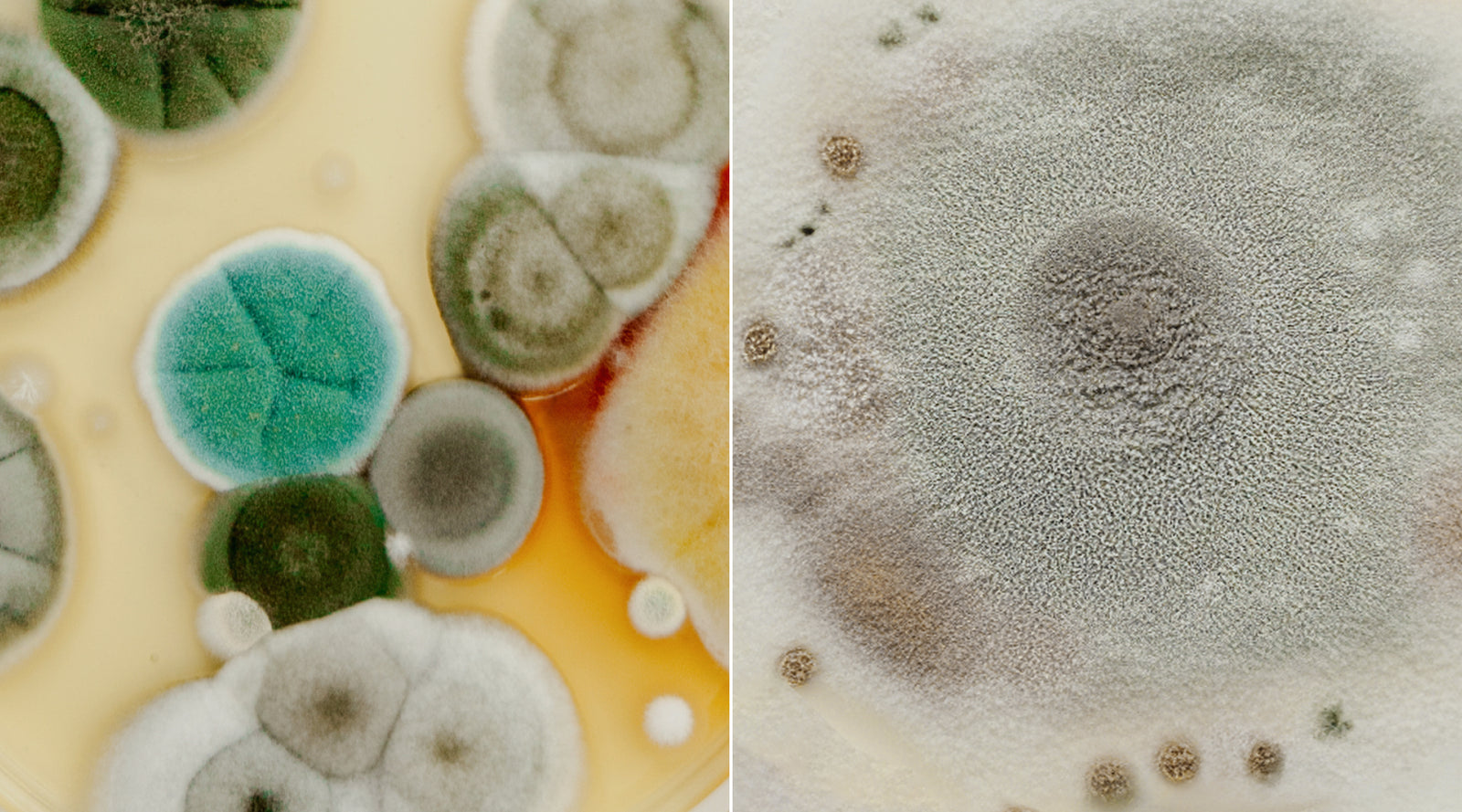








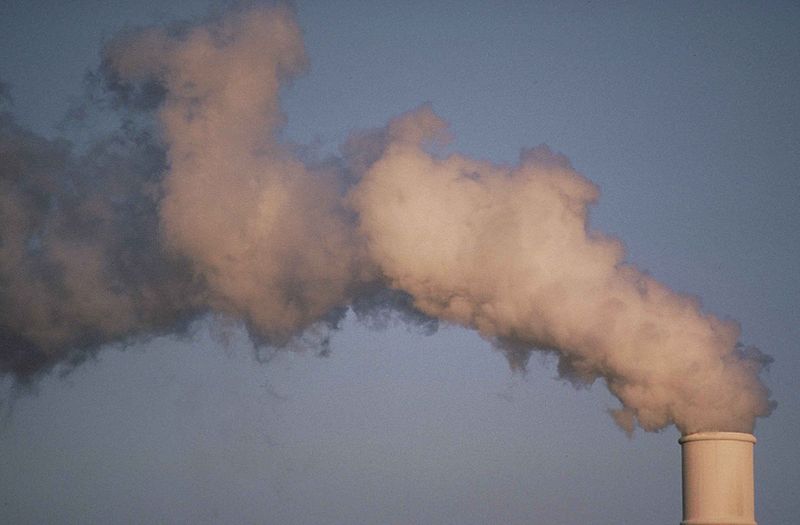
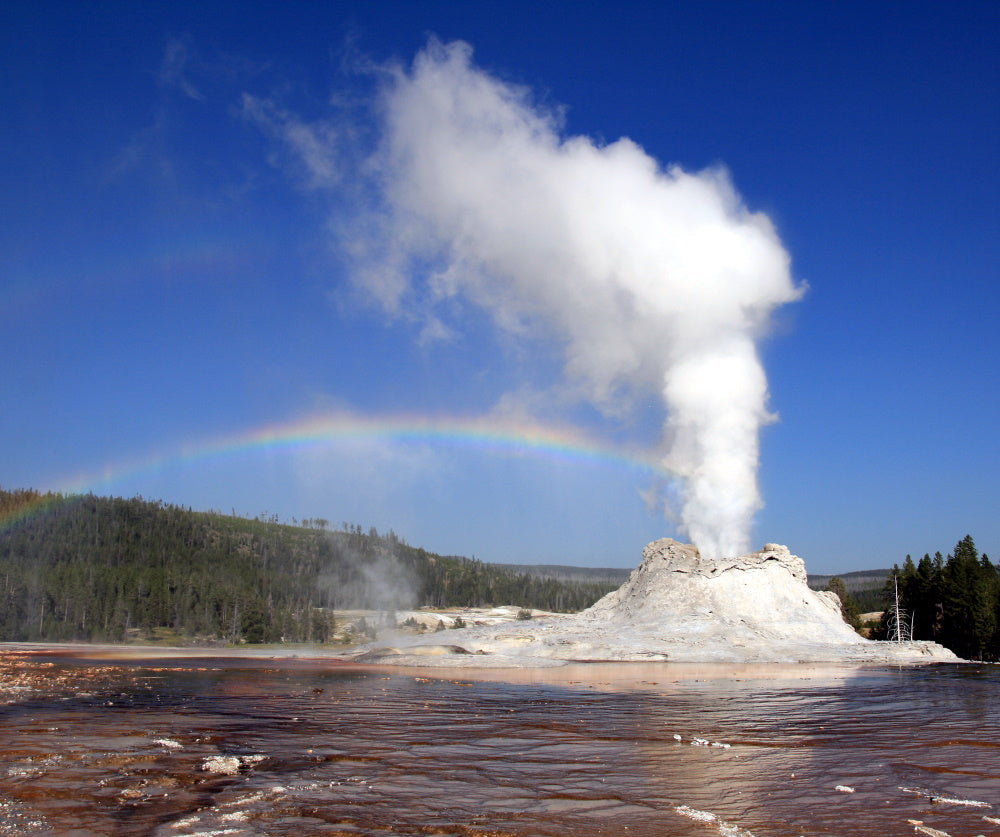








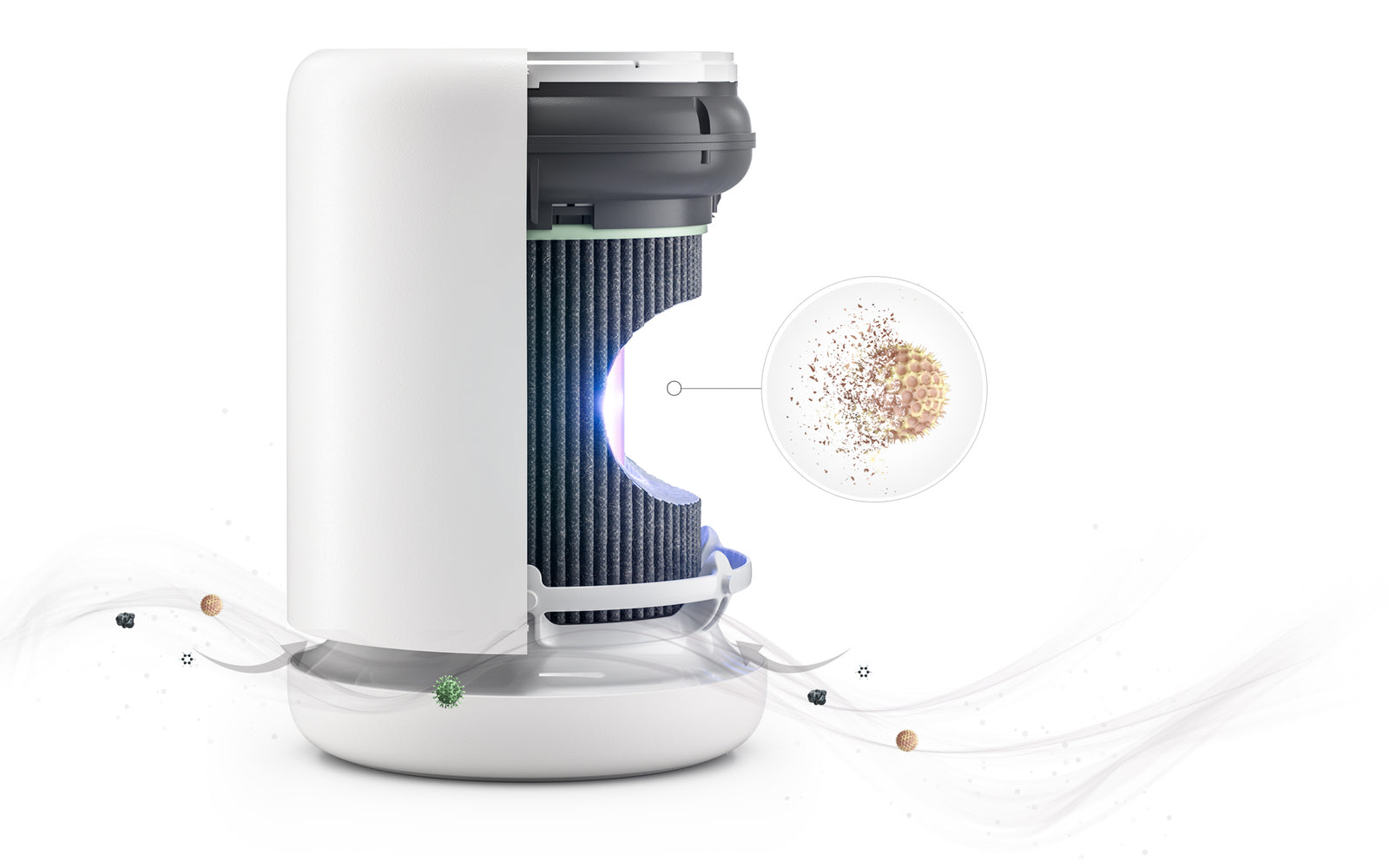
![Independent testing from Nationally Recognized Lab Proves Molekule Air Captures Particles and Destroys VOCs [Again]](http://molekule.com/cdn/shop/articles/Device-1_1600x.jpg?v=1682107512)



